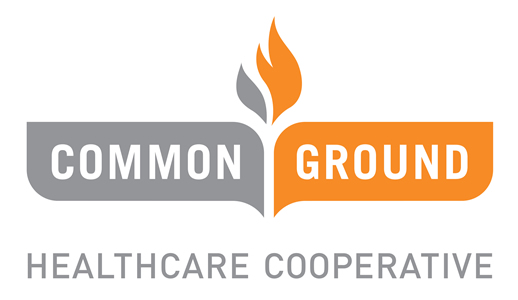Quality Improvement Program
The Quality Improvement (QI) Program is established to provide the structure and key processes that enable CGHC to carry out its commitment to ongoing improvement of care and service, and the health of its members. The QI Program provides a formal process by which CGHC and its participating providers and practitioners strive to continuously improve the level of care and service rendered to members and customers. The program addresses both medical and behavioral health care, and the degree to which they are coordinated. It defines the systematic approach used to identify, prioritize and pursue opportunities to improve services, and to resolve identified problems.
The QI Program is reviewed, updated and approved by CGHC’s Executive Quality Oversight Committee (EQOC) and forwarded to the Board of Directors at least annually. It is distributed to applicable regulatory bodies and other stakeholders, as requested.
QI Program Goals and Objectives
- Design and maintain a quality improvement structure that is integrated throughout the
- Company and provides ongoing monitoring of identified clinical and service processes that support continuous quality improvement; including measurement, trending analysis, intervention and re-measurement.
- Continue to establish effective, long-term relationships with providers by securing provider input regarding quality initiative program design and operations, maintaining open lines of communication and providing feedback related to individual and product-wide performance.
- Ensure that adequate and appropriate resources are available to maintain and enhance the ongoing QI Program.
- Uphold established standards/guidelines to ensure appropriate and optimal availability, accessibility and continuity of care for members.
- Use evidence-based guidelines as the basis for all clinical decision-making
- Continuously monitor and enhance Behavioral Health strategies based upon the most current, evidence-based clinical practice guidelines from nationally recognized sources, which will be adopted by the Company and made available to network providers via postings on the Company’s website, and against which performance is measured.
- Promote the delivery of preventive health services by network providers through physician and member education while encouraging the utilization of such services.
- Promote the implementation of wellness programs for employer groups, members and employees based on Health Assessments results Monitor member and provider satisfaction to identify potential concerns and opportunities for improvement
- Continue to work toward meeting our members’ culturally diverse and linguistic needs
- Continue to serve members with complex health needs through adherence to interventions and programs available within the Case Management & Disease Management Program Descriptions
- Continue to educate members on product benefit design, operational policies and procedures and improve upon the manner in which information is disseminated to members.
- Encourage joint action with our network providers, acute care, ambulatory surgery facilities and pharmacies in addressing patient safety issues.
- Continue to improve upon the core service functions of timely, accurate adjudication of claims and timely response to written correspondence, email and telephone calls.
- Monitor and analyze member utilization of services to ensure the identification of areas where over and/or underutilization of services may be occurring so that appropriate action/interventions can be initiated
- Leverage standards published by national accreditation bodies to continually enhance the QI Program.
- Promote improvement through sound, nationally supported measurement activities and associated benchmarking.
- Provide members and practitioners with readily available, easily accessed web-based information and tools to promote and enhance services and clinical care. Features include:
- Evidenced based guidelines for providers
- Provider Supply Request form to facilitate online requests of frequently used forms/supplies
- Interactive tools
- Provider and member newsletters posted to the Company’s websites
- Member ability to identify and select a provider online including information on Board Certification and language(s) spoken
- Member ability to e-mail concerns/complaints to Customer Service
- Ability to receive Explanation of Benefits (EOB) online versus via U.S. Mail Services.
- Evaluate the efficiency and effectiveness of the Quality Improvement Program on an annual basis with an emphasis on the structure, processes, outcomes, methodology, and results.
To learn more or to request a complete copy of CGHC’s QI Program, call Member Services at 877.514.2442 or click here.



